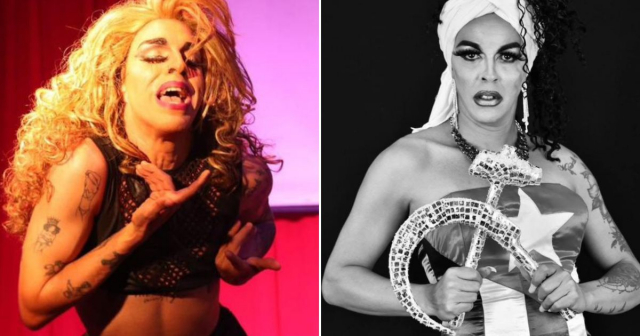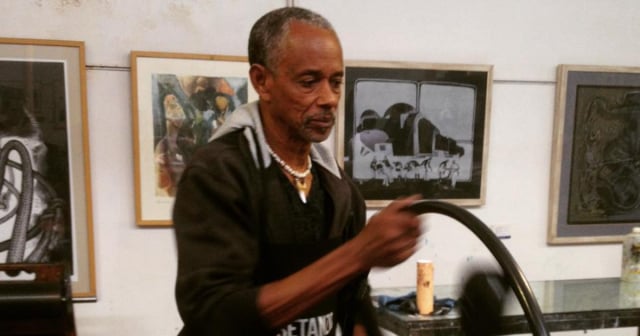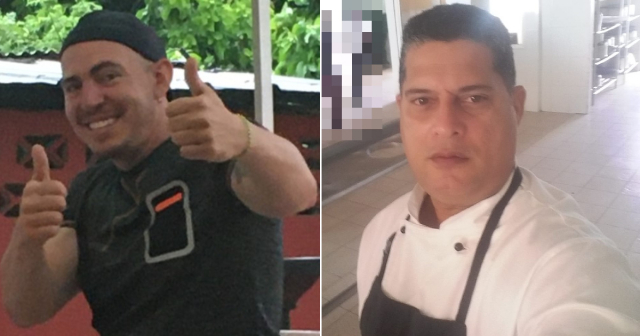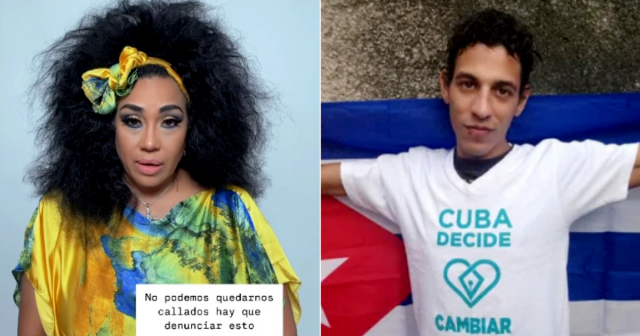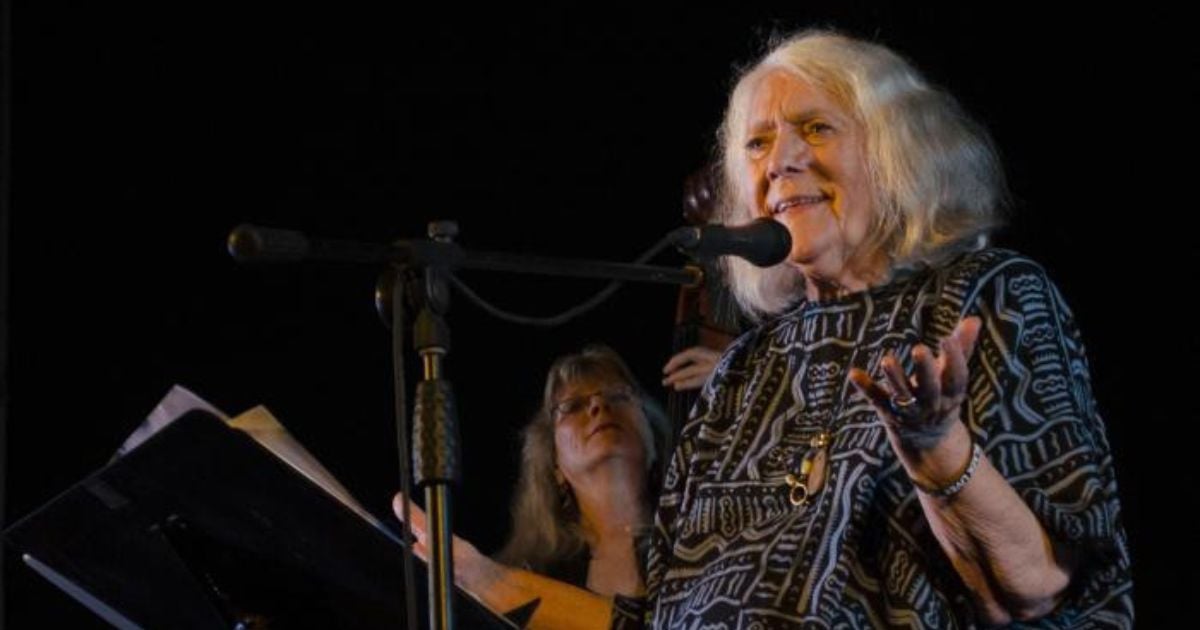
The jazz and blues singer Bárbara Dane, mother and grandmother of Cuban musicians Pablo and Osamu Menéndez, passed away last Sunday at the age of 97 in her home in Oakland, California, after a long battle with heart failure.
Pablo Menéndez, one of his four sons, expressed his feelings on Facebook with a simple yet impactful message: “Peace, love... and music. We must fight.”
The Cuban singer Osamu Menéndez expressed his sorrow on Facebook about the passing of his grandmother: "Yesterday, my beloved grandmother moved on to another dimension. A great artist and a wonderful human being from this country. My heart aches. Light to her always."
Bárbara Dane leaves as her legacy her son with Rolf Cahn, folk singer Jesse Cahn; and her children with Byron Menéndez: Pablo Menéndez, leader of the Cuban rock band Mezcla and a resident of Havana, and Nina Menéndez, artistic director of the Flamenco Gitano Festival and the Bay Area Flamenco Festival.
Moreover, her artistic vein lives on in her grandson, the Havana guitarist and vocalist Osamu Menéndez, as well as in three great-grandchildren.
The family plans to announce a memorial in the spring, likely in conjunction with their birthday, reported the news portal San Francisco Chronicle.
The artist, whose name was Bárbara Jean Spillman, was born on May 12, 1927, in Detroit, and was a singer known for her ability to navigate diverse genres such as traditional New Orleans jazz, Chicago blues, international protest anthems, gospel, and folk ballads.
In addition to her powerful voice, Dane was an accomplished guitarist, a civil rights activist, the owner of a club, and a record producer.
Together with her third husband, folk music scholar Irwin Silber, she founded Paredon Records, a politically oriented record label that released 50 albums, which are now archived at Smithsonian Folkways.
Guided by her commitment to racial equality and leftist causes, Dane experienced numerous moments of recognition that quickly faded, as she always cared more about fighting for justice than for her "career," a word she often mentioned with a hint of irony.
However, he never expressed regret for having followed such a complex path, using his voice "to help with the complicated process of trying to change the world," as he recounted in a 2016 interview with the San Francisco Chronicle.
From the early 1950s to the mid-1990s, his career unfolded mainly in the San Francisco Bay Area, Chicago, Los Angeles, and New York, where he helped shape musical scenes that resonated worldwide.
In the 1960s, he toured for a year with Willie Dixon and Memphis Slim as his backing band, and in 1961, he opened Sugar Hill, a venue that showcased major blues artists in North Beach, San Francisco.
Artists like Big Mama Thornton, renowned for her rendition of the hit "Hound Dog," regularly performed at this Broadway club, where Dane shared the stage with pianist and cornetist Kenny “Good News” Whitson and Wellman Braud, a pioneer of the walking bass style in jazz during his long tenure with Duke Ellington's orchestra.
In 1966, Bárbara Dane became the first American artist to tour Cuba after 1959.
Filed under:

